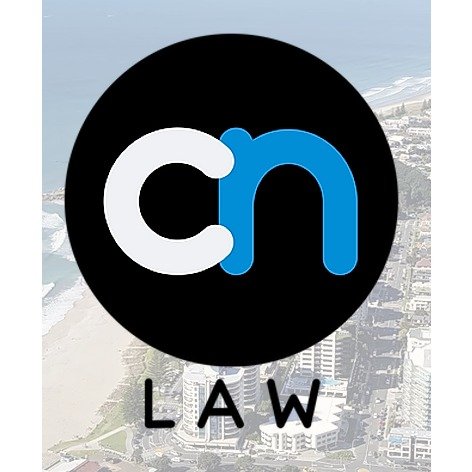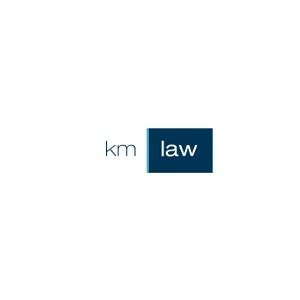Best Will & Testament Lawyers in Tauranga
Share your needs with us, get contacted by law firms.
Free. Takes 2 min.
List of the best lawyers in Tauranga, New Zealand
About Will & Testament Law in Tauranga, New Zealand
A Will & Testament refers to a legally binding document that details how an individual wants their property and affairs to be handled upon their death. A correctly executed will can help to minimise family disagreements, protect assets, and provide clarity and peace of mind. In Tauranga, New Zealand, the law stipulates that anyone aged 18 and above can create a will if they have the mental capacity to do so. Laws governing the execution and validity of wills are detailed in the Wills Act 2007.
Why You May Need a Lawyer
Many individuals may require legal assistance in drafting their Will & Testament to ensure it accurately reflects their wishes and is legally enforceable. A lawyer is also instrumental in navigating complex family dynamics, dealing with the division of a significant estate, or formulating a will that includes trusts or continued management of assets. If there is a risk that someone may challenge your will, a lawyer can help in creating a robust document that can withstand scrutiny.
Local Laws Overview
In Tauranga, and indeed all of New Zealand, the laws governing Will & Testament are primarily outlined in the Wills Act 2007 and the Property (Relationships) Act 1976. Important legal elements include the necessity for the will to be in writing, your full understanding of the document and its implications, and the requirement for it to be witnessed by two people who are not beneficiaries. The law also mandates that a sound will is upheld in court and the expressed wishes followed, unless factors such as claims under the Family Protection Act 1955 or financial provisions under the Property (Relationships) Act 1976 arise.
Frequently Asked Questions
1. Can I write my own will?
Yes, you can write your own will in New Zealand. However, to ensure all legal requirements are met and your wishes are clearly articulated and will be carried out as intended, seeking legal advice is recommended.
2. What happens if I die without a will?
If you die without a will, also known as dying 'intestate', your property will be divided according to the Administration Act 1969, which may not tally with your personal wishes.
3. Can a will be changed after death?
A will cannot usually be changed after death unless all beneficiaries agree and the changes are approved by the High Court. This can be a complicated and expensive process.
4. Can I disinherit a family member?
Yes, you can technically disinherit a family member. However, under the Family Protection Act 1955 they may have the right to claim against your estate if they believe they have not been adequately provided for.
5. How often should I review my will?
It is advisable to review your will every 5 years or after any major life event such as marriage, divorce, the birth of a child, or the death of a beneficiary.
Additional Resources
The New Zealand Law Society and the New Zealand Government's official website provide general resources and guidance on wills and estate planning. The Community Law Centre also offers free legal advice for individuals who need assistance.
Next Steps
If you require legal assistance with your Will & Testament, consider seeking advice from a local lawyer specializing in Will & Testament law. They can help guide you through the process, ensuring that all legal requirements are met, and that your property and assets will be distributed according to your wishes after your death.
Lawzana helps you find the best lawyers and law firms in Tauranga through a curated and pre-screened list of qualified legal professionals. Our platform offers rankings and detailed profiles of attorneys and law firms, allowing you to compare based on practice areas, including Will & Testament, experience, and client feedback.
Each profile includes a description of the firm's areas of practice, client reviews, team members and partners, year of establishment, spoken languages, office locations, contact information, social media presence, and any published articles or resources. Most firms on our platform speak English and are experienced in both local and international legal matters.
Get a quote from top-rated law firms in Tauranga, New Zealand — quickly, securely, and without unnecessary hassle.
Disclaimer:
The information provided on this page is for general informational purposes only and does not constitute legal advice. While we strive to ensure the accuracy and relevance of the content, legal information may change over time, and interpretations of the law can vary. You should always consult with a qualified legal professional for advice specific to your situation.
We disclaim all liability for actions taken or not taken based on the content of this page. If you believe any information is incorrect or outdated, please contact us, and we will review and update it where appropriate.

















